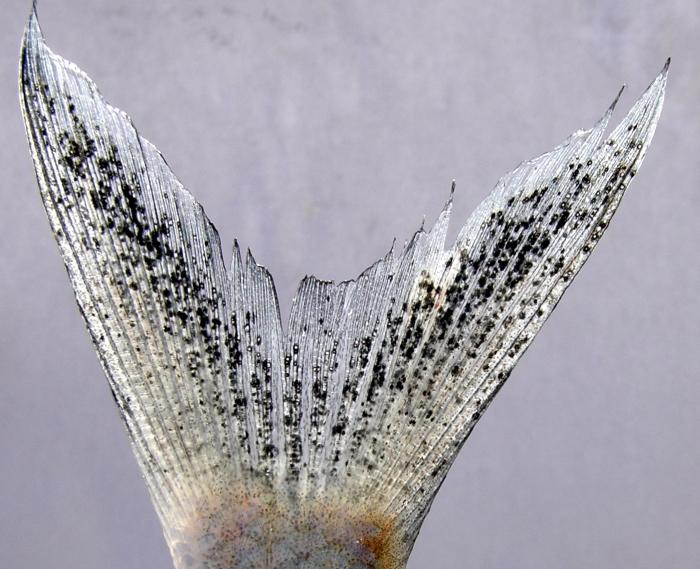
Molecular studies on fish-parasitic trematodes and their larval stages developing in molluscs
We conduct studies on trematode species occasionally causing severe pathological lesions in fish species living in natural waters and cultured in pond farms of Hungary. The research includes the accurate species identification of the developmental stages of individual trematode species by molecular methods.
The aim of this project is to study the digenean trematodes (Plathyhelminthes: Trematoda: Digenea) parasitising the fishes and intermediate hosts of Hungarian natural freshwaters and fish ponds. The research includes the accurate species identification of different developmental stages of trematodes occurring in these habitats by molecular methods. Two sections of the genomic DNA are targeted, the nuclear spacer sequences between the ribosomal RNA genes (ITS region) and the mitochondrial cytochrome C oxidase subunit I (COI gene). The sequence data thus obtained make it possible to compare the different developmental stages and, consequently, to reveal the life cycle.
In addition, we would like to gain information about the occurrence of fish-pathogenic trematodes in Hungary, such as the species belonging to the Diplostomidae family including many parasites causing diverse and severe disease symptoms, or representatives of the Apophallus genus, e.g. Apophallus muehlingi, the causative agent of a type of black spot disease. Some species, e.g. Trichobilharzia spp., are known to cause zoonotic infections. Through the use of molecular methods, the cercariae of these species can be detected from the mollusc intermediate hosts. Studies on the host specificity of the developmental stages of certain trematode species may also generate new data, and in the case of certain trematode species hitherto undescribed mollusc intermediate hosts may be revealed.